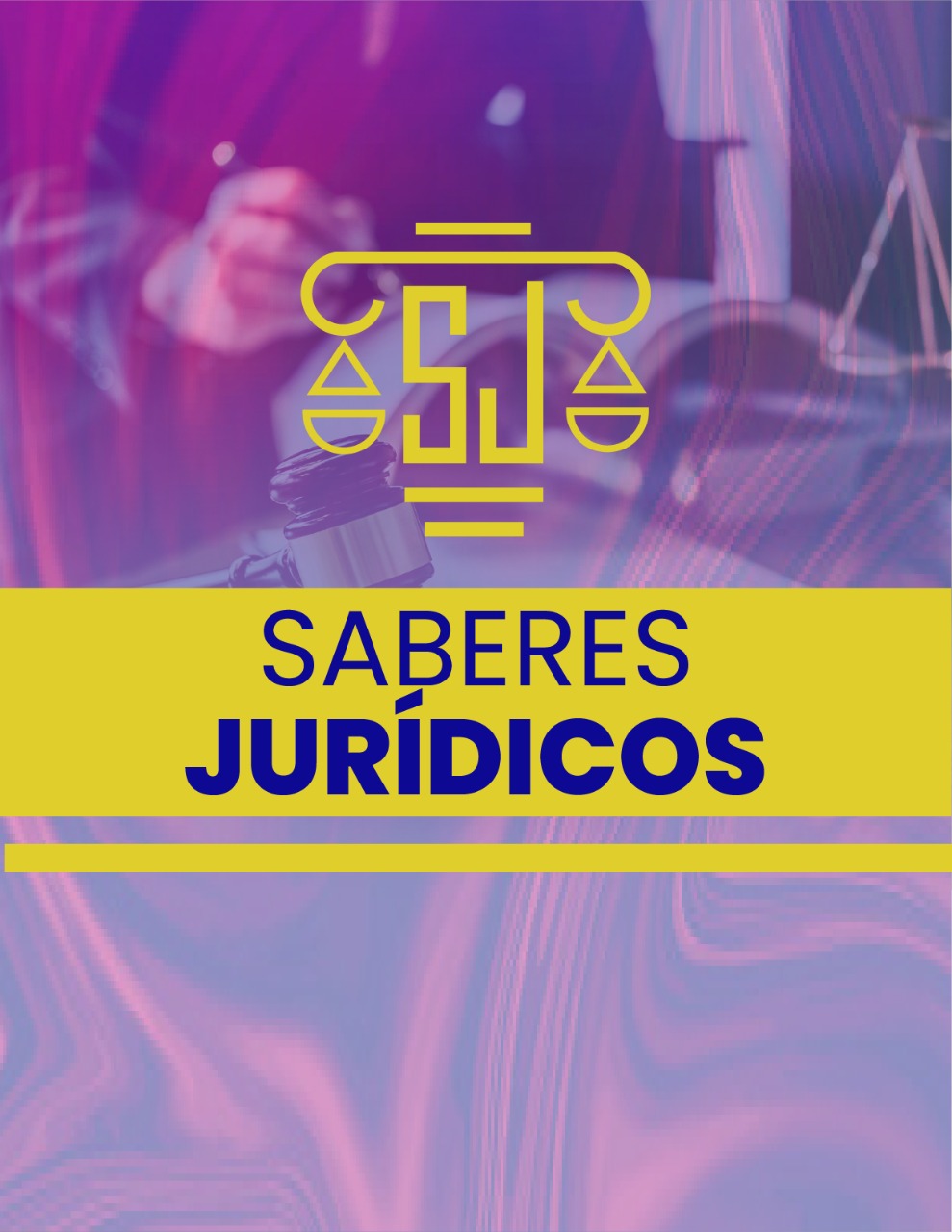Colisión: Usos y costumbres pueblo Wayuú y legislación laboral colombiana, análisis derechos fundamentales y laborales
Main Article Content
Abstract
The objective of this investigation is to establish the labor differences that may arise between the Wayúu Community and the Colombian Labor Legislation, the above with the purpose of providing a discussion around it. Which has to do with the fact that labor rights are not being fully fulfilled within the scope of the labor activities of said people and in turn determine to what point of balance or limit their self-determination and autonomy as an indigenous people recognized in the framework of the Political Constitution and in light of jurisprudence. The methodology used for this research is as follows: document analysis, interviews, observation and additionally the method used is the type of qualitative research within the framework of a comparative approach. Finally, the most relevant results and conclusions obtained were: firstly, in the Wayúu Community there is no employment relationship, secondly, it does not have access to the Comprehensive Social Security system and in fact there could be inconsistencies regarding labor rights and the right to the minimum living wage would be affected to a certain extent.
Downloads
Article Details
References
Alarcón, A y Suárez, D. (2021). Usos y costumbres de la comunidad wayúu: Un paralelo desde la legislación laboral colombiana [Trabajo de grado para optar por el título de abogado,
Baena, G. (2017). Metodología de la investigación. Patria. Universidad Sergio Arboleda].
Código Sustantivo del Trabajo [CST]. Art. 14. 7 de junio de 1951. https://www.suin-juriscol.gov.co/viewDocument.asp?ruta=Codigo/30019323
Constitución Política de Colombia [Const]. Arts. 48 y 246. 7 de julio de 1991 (Colombia). https://pdba.georgetown.edu/Constitutions/Colombia/colombia91.pdf
Guerrero, G. (2015). Metodología de la investigación. Patria.
Ley 100 de 1993. (1993, 23 de diciembre). Por la cual se crea el sistema de seguridad social integral y se dictan otras disposiciones. Congreso de la República. Diario Oficial núm. 41.148. https://www.funcionpublica.gov.co/eva/gestornormativo/norma.php?i=5248
OIT. (2009). Convenio Núm. 169 de la OIT sobre pueblos indígenas y tribales en países independientes. https://www.ilo.org/es/media/443541/download#:~:text=una%20globalizaci%C3%B3n%20equitativa.-,El%20Convenio%20n%C3%BAm.,las%20decisiones%20que%20les%20afectan .
Padua, J. (2018). Técnicas de investigación aplicadas a las ciencias sociales. Fondo de Cultura Económica.
Programa de las Naciones Unidas para el Desarrollo (PNUD). (2020). La ‘Yanama’ por La Guajira convoca a un pacto multiactor por el desarrollo humano sostenible. https://www.undp.org/es/colombia/noticias/la-Yanama-por-la-guajira-convoca-un-pacto-multiactor-por-el-desarrollo-humano-sostenible
Sentencia T-426. (1992, 24 de junio). Corte Constitucional (Eduardo Cifuentes Muñoz, M. P.).
Sentencia T-716. (2017, 7 de diciembre). Corte Constitucional (Carlos Bernal Pulido, M. P.).
Sentencia SL711. (2021, 19 de mayo). Corte Suprema de Justicia. (Gerardo Botero Zuluaga, M. P.). https://cortesuprema.gov.co/corte/wp-content/uploads/2021/03/SL711-2021.pdf
Sentencia SL1953. (2021, 19 de mayo). Corte Suprema de Justicia. (Gerardo Botero Zuluaga, M. P.). https://www.cortesuprema.gov.co/corte/wp-content/uploads/relatorias/la/bjul2021/SL1953-2021.pdf

